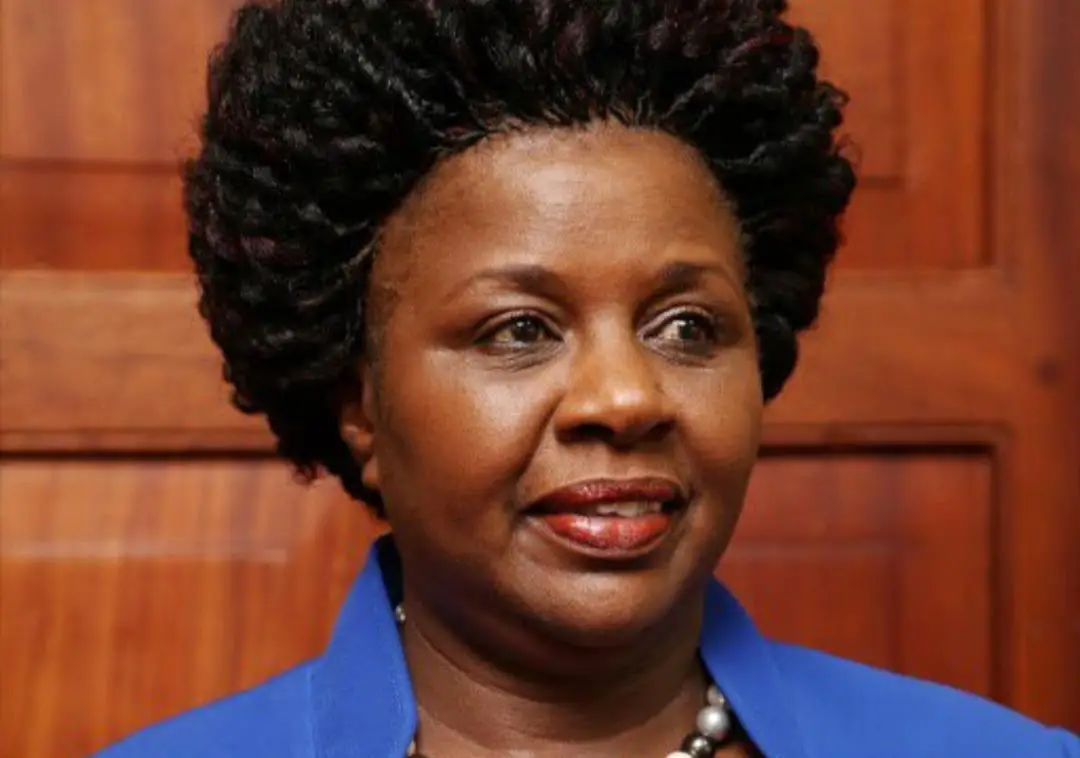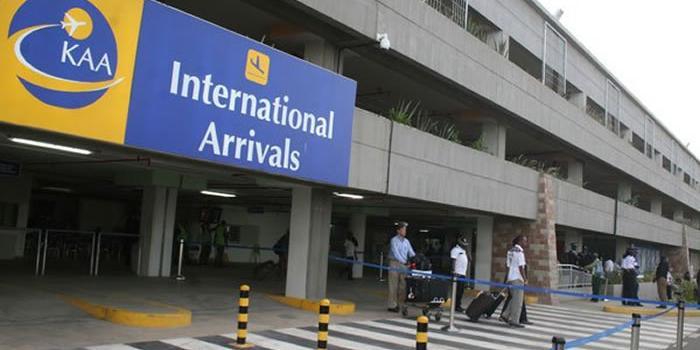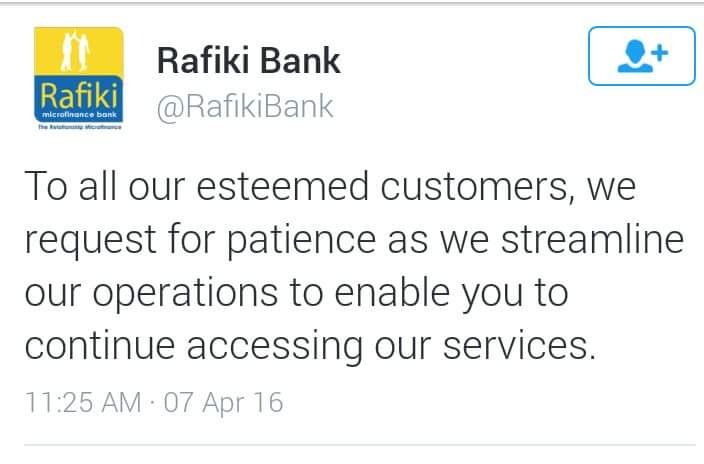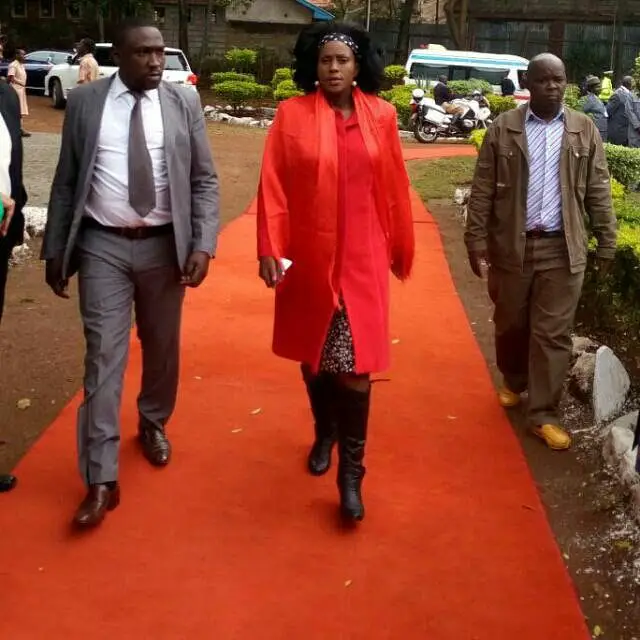
Long-time President Omar al-Bashir was overthrown and arrested on Thursday after months of street protests.
But demonstrators say the military council which has taken power is part of the same regime.
The fresh stand-off has raised fears of a violent confrontation between protesters and the army.
The military through the defence minister Awad Ibn Ouf said that the military Transition Council will rule for 2 years then hand over to civilians after an election.
This angered sections of protesters who stayed put in the streets of Khartoum to safeguard the revolution, even after the coup.
Omar al-Bashir has ruled for over three decades and committed a lot of atrocities on the West and southern Sudan in order to stay in power.
The South seceded in 2011 to form a new country called South Sudan.
United States (US) statement
The united States cautioned that the new ‘government’ in Sudan might make it to further degenerate into violence. It ordered its non-emergency staff out of Sudan yesterday.
The US also warned that the two-year transitional period to a civilian rule was too long.
It urged Sudan’s army to bring civilians into government after ousting veteran leader Omar al-Bashir.
African Union (AU) and the United Nations (UN)
The AU condemned the coup terming it inappropriate response to challenges in Sudan.
“The military take-over is not the appropriate response to the challenges facing Sudan and the aspirations of its people,” said a statement from Moussa Faki, chairman of the AU Commission.
The UN Secretary General António Guterres through his spokesperson also stressed that ‘democratic aspirations of Sudanese should be realised’. He fiurther appealed for “calm and utmost restraint by all”.
What next for Omar al-Bashir?
The former dictator and butcher of Sudan faces a daunting task to evade arrest by the International Criminal COurt (ICC).
Omar Al-Bashir is wanted by the International Criminal Court (ICC) for crimes against humanity, for crimes committed in the western Darfur region that US has described as genocide.
The first warrant for arrest was issued on 4 March 2009, the second on 12 July 2010. The suspect is still at large.
In power, Bashir visited Kenya, South Africa among other countries but he was not arrested since he enjoyed ‘cartel immunity’ from those countries.
Criticism of ICC
The ICC has been criticised for going after criminals in African countries, while their western counterparts in the west that have caused suffering and loss of lives in Arab nations awalk scott0-free.
Recently, the ICC Prosecutor Fatou Bensouda had her VISA withdrawn by the US because she had started investigating war crimes committed by the US and allied forces in Afghanistan.
The ICC in response said that they are not going to be cowed and that they ‘will continue to honour [their] our legal duty undeterred’
It remains to be seen what the military, in the wake of new civilian pressure, will do to Omar al-Bashir.

















































